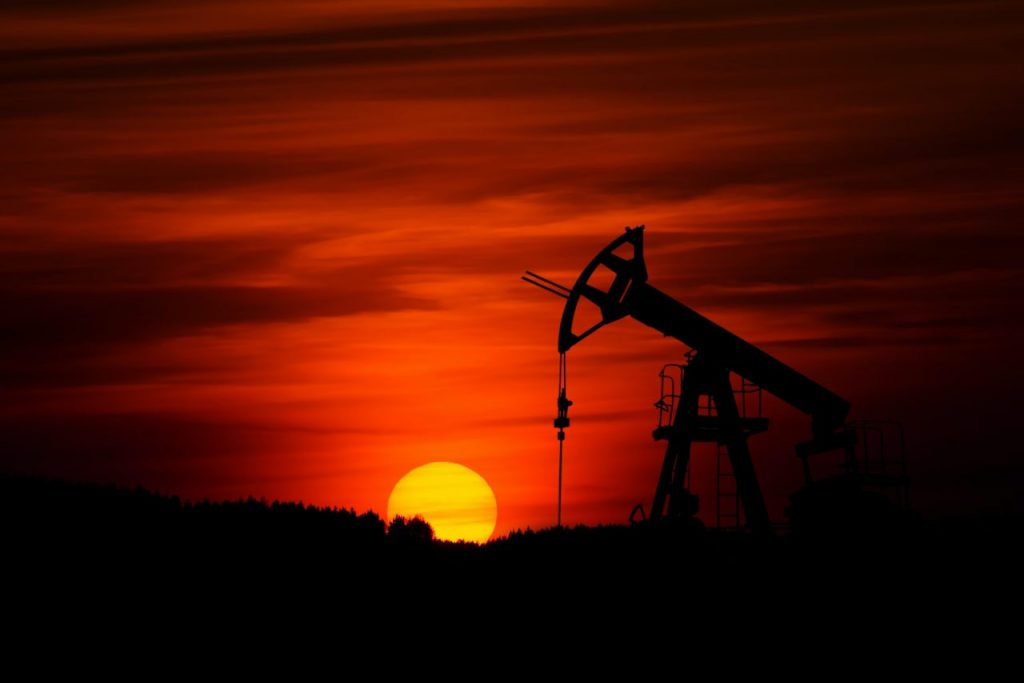
With COP26 climate talks off to a rocky start and European energy prices surging, Matvey Tayts, Senior Analyst at Sova Capital, answers five questions on renewable energy, oil and gas, and electric power in Europe’s key energy provider – Russia.
1. Is Russia only an oil and gas producer, or does it have non-petroleum energy sources? If there are hydro and renewables, who do they mainly service?
Russia has about 50GW of HPP (hydropower) capacity, which is 20.4% of the total capacity of the unified energy system; there is still potential to increase HPP capacity in Siberia and the Far East. The key question revolves around funding for construction. At current market prices, without a mechanism to guarantee return on investment, these projects are challenging to realise. En+ is discussing the construction of 1GW HPP in Siberia to produce green hydrogen. The early capex estimate for the project is USD 1.3 billion, with a nine-year construction timeframe.

With fast accesses to cheap fossil fuels, Russia started construction of renewables pretty late. Electricity generation by wind and solar plants accounts for less than 1% of total generation volumes at the moment.
2. Does any of this renewables / hydro generation figure into equity trading narratives?
We have RusHydro and En+ as two major owners of HPPs in Russia. TGK-1 also owns HPPs in the northwest of the country. Enel Russia is the only public company with noticeable investments in wind farms. However, all these companies are not purely focused on green generation, as they also own fossil fuel power plants.
3. Is Russia also experiencing surging electricity prices as in Europe? How is that being felt in Russia? Are Russian power generators able to export energy to get a piece of the higher prices? Are prices being forced higher at home?
In Russia, we are in a different situation compared to Europe. Domestic gas prices are regulated, and the electricity price is not affected by the recent gas price shock.
Inter RAO is a monopolist for electricity export, and it benefits from the high demand and electricity prices in Europe. Moreover, the company increased its electricity supply to China. However, export is limited with the grid capacity. In 2021, export volumes from Russia will not exceed c. 2% of domestic demand.
4. Are Russian customers choosing contracts with greener power? If there are examples, are they significant at all? If not, are there any such prospects? Or are significant power needs already covered by clean sources?
We see that generation companies such as RusHydro, Enel Russia and En+ offer green energy contracts. Generators do not officially disclose prices in these contracts. As far as we understand, the premium to the market price for green energy may account for 3-5% in Russia at the moment.
5. Does Russia produce enough electricity for a significant switch to electric car transport internally, should that become an industry standard? Does weather play a role here?
Russia has significant potential to increase electricity production as peak demand accounts for 77% of total available capacity. However, right now it looks like there are very few electric cars in Russia.



